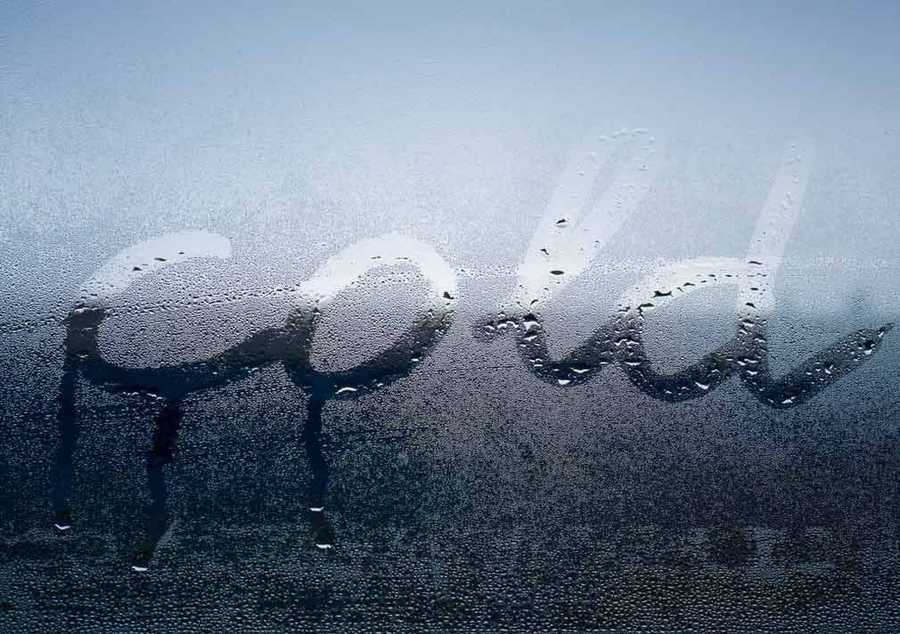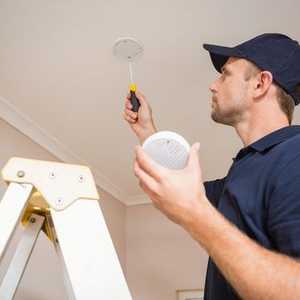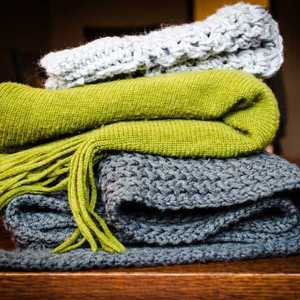Seasonal home maintenance tips to avoid a bleak midwinter
The recent cold snap is just start of the UK's harshest winter in decades, so homes need to be ready for whatever the next few months may throw at them.

The recent cold snap is predicted to be only the start of the UK's harshest winter for decades, so it's important that homes across the country are ready for whatever the next few months may throw at them.
The old adage that "prevention is better than cure" is never truer than with home maintenance, and here Karl Tulloch from Rightio provides a handy list of six simple checks that could mean the difference between enjoying a cosy Christmas or enduring a bleak midwinter.
Book a boiler check
Winter is the time when boilers are most in use - and this increased usage means that they're most at risk of failing. Coupled with the cold weather, a broken down boiler means serious inconvenience and discomfort for the homeowner.
Regular boiler checks are a must - boiler manufacturers recommend gas boilers are serviced yearly. Boiler checks not only identify and resolve underlying issues before they become an expensive problem, but the engineer can make even a boiler in good health run more efficiently, saving money on the gas bill year-round.
Keep the heating turned on
If you go away on holiday over the winter period, keep your heating on (albeit turned down) whilst you're away. This keeps the system running efficiently, and helps to prevent pipes from freezing.
Bleed radiators and check for leaks
If radiators are full of air, the heating system's water can't flow through and the room will be unheated. Bleed all radiators at the start of winter and again halfway through the season to keep your house toasty.
Check under radiators for signs of even small leaks - what starts as a small damp spot on the carpet can develop quickly from an easily-rectifiable issue to a much more expensive problem.
A full heating system service will make sure your system is operating at full efficiency.
Insulate pipes
As temperatures plummet, pipework is at increased risk of cracking, particularly in more exposed places in the home such as the loft, or in areas outside the home itself such as the garage. Cracked pipes can wreak havoc, causing extensive, and expensive, water damage. Make a trip up to the loft to check that pipes are insulated to the recommended thickness of at least 50mm (2 inches).
Clear blocked gutters and drains
It's essential that gutters are cleared of silty build-up, plants, leaves and other detritus. Even a small build-up of mud can prevent water from flowing freely and if water can't escape down guttering, it will only go one way - into the house, causing damp.
It's also well worth sourcing a professional to jet-wash the drains to avoid these from backing up. Build up from cooking oil and fats harden in pipes and freeze in winter, causing significant blockages. In addition to getting the drains cleared out, change your fat disposal method - after preparing your food, let the fat cool and harden then put it in the bin.
Check for faulty electrics
Flickering lights are not just irritating, they could be a sign of a serious fault. And with electrical faults a major cause of house fires, it's vital to give your electrics a visual once-over. If you have any concerns, get a professional to run a check including connections and fuses.
Sometimes, whatever precautions we take it's inevitable that household problems will appear during the winter. If you experience an emergency heating, plumbing, drainage or boiler problem, don't hesitate to give Rightio a call on 0800 068 7245.
Related advice
There are plenty of actions you can take to help keep your home in check. Take a look here for the latest guides, advice and tips from our experts!
View our latest advice







